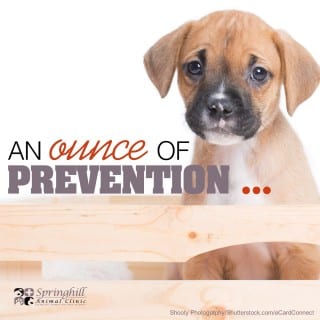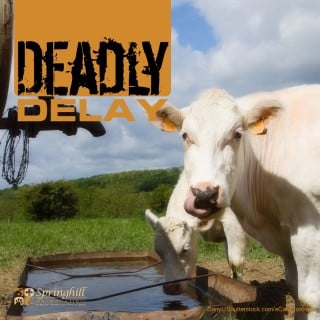During the last decade, most people have heard various mentions of West Nile Virus (WNV), the leading cause of arbovirus encephalitis in both humans and horses. In fact, equines make up nearly 97% of all reported non-human mammalian cases of WNV.
Occurring throughout North America, the disease is transmitted from avian hosts by bloodsucking insects, primarily mosquitoes. The disease isn’t passed between horses or humans. Although not all infected equines show signs, those who do may show symptoms that include depression, loss of appetite, fever, weakness or paralysis of limbs, seizures, walking in circles or difficulty swallowing. Approximately one-third of horses infected with WNV will succumb to the disease, and of those who survive it, 40% will still show residual effects like abnormal gait and behavior up to six months after diagnosis.
Fortunately, horses can be proactively vaccinated against WNV, and these vaccinations are considered a standard part of equine preventive care in North America. We recommend vaccinating your steed in the spring before mosquito season, along with follow-ups for special cases such as horses at high risk. We can work with you to create an effective preventive plan to keep your horse safe from WNV and other diseases.



